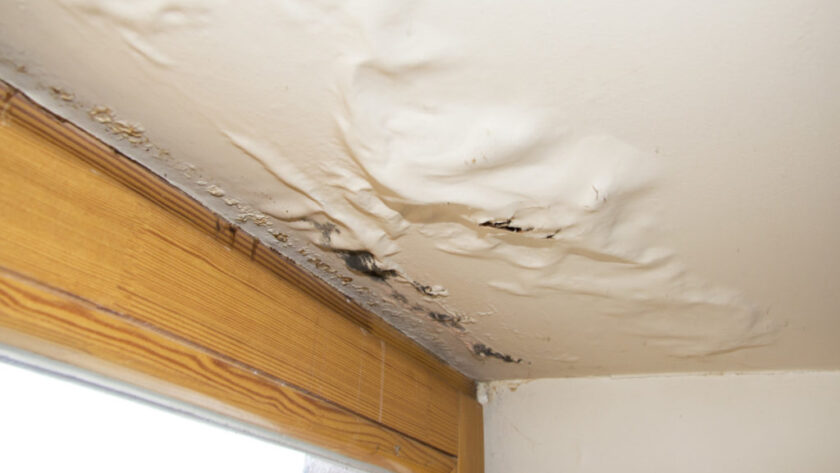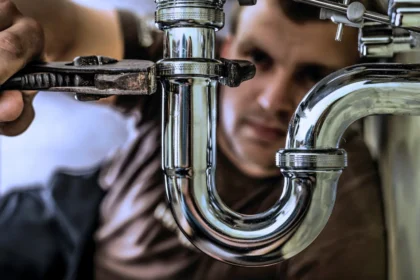Types Of Water Damage: What Kind Do You Have, And How Can It Affect Your Property?
A minor leak or major flooding can result in serious water damage to any property. In terms of both restoration processes and health concerns, the type of water used in the flood can make a big difference. This water category affects everything from the level of urgency in responding to Columbia to the services needed, like mold remediation and mitigation. The type of damage caused by water can be determined based on the water source.
Water Types In Water Damage
Water damage may be divided into three categories based on the source of the water and the degree of contamination. Clean Water (category 1), Gray Water (category 2), and Black Water (category 3). Explore these categories, their risks, and best practices to clean up and mitigate.
- Category 1: Clean Water
Freshwater Damage, or Category 1, comes from a new source. The water can come from various sources, including broken water lines, overflowing sinks, or rainwater. It is the safest water type to use.
Features: Clean, odorless, and reasonably safe to handle.
Mitigation and Response: If you can detect Category 1 damage quickly, you can handle the situation by performing basic cleaning, drying, and water removal. If the water is soaked in deeply or the area affected by the flood has been large, you should call professionals for complete and effective drying.
- Category 2: Gray Water
Contaminants in gray water, also known as category 2, may make people feel uncomfortable or sick if they come into contact with or ingest it. The water that is contaminated with this type usually comes from washing machines, dishwashers, and failures of sump pumps. You may find soaps, detergents, or other minor chemicals. These can become hazardous over time, particularly if you start to see mold growing in a moist environment.
Features: A little murky, discolored, or discolored and may smell due to contaminants.
Response and Mitigation: It is best to consult a professional if you have gray water damage. Restoration for water damage in Columbia professionals is equipped to dry out affected areas and treat them with antimicrobial agents to avoid mold. Columbia’s mold removal and mitigation services are essential, particularly in moist spaces such as basements or bathrooms.
- Category 3: Black Water
Black water, or Category 3, is the most hazardous type of water damage due to its high contamination level. It is a mixture of harmful pathogens, chemicals, and other substances that can cause serious health problems. Sewage back-ups, flooding rivers, or infiltration from groundwater usually cause water damage of this type. Standing water, which has allowed bacteria to grow and become stagnant for a long time, can produce black water.
Features: Dark, dirty, and foul-smelling.
Mitigation and Response: Do not attempt to clean up black water alone. The biohazard risk requires professional assistance immediately. Professionals utilize protective gear and cleaning supplies to remove mold and water safely, sterilize and clean the environment, and stop mold. They use advanced drying methods to ensure no moisture is left. Even small amounts can cause mold or structural problems in the future.
Mold Mitigation And Removal Is Important For Columbia
Water damage can lead to mold growth in humid areas, including Columbia. Mold grows best in warm, damp conditions, and if water damage is left untreated, it creates the perfect environment for mold growth. Mold mitigation and removal are important steps for water damage repair because mold causes structural issues and can also negatively impact indoor air, which may lead to health concerns like skin irritation, allergies, and respiratory problems.
In Columbia, professional restoration services can remove mold and minimize its growth. They do this by using special equipment and treatments. Investing in professional water and mold restoration services ensures your property’s structural soundness, safety, and health.
Conclusion
Knowing the type of water causing the damage will help you handle the situation safely. The homeowner may manage clean water, but it’s best to leave gray or black waters in the hands of professionals. Prompt action, combined with professional assistance, can help you minimize the damage to your property, reduce mold growth, and restore it to safe conditions.
Expert mold removal is crucial for Columbia residents, who are likely to experience mold growth due to humidity, especially if they have gray or black water. You can safeguard your property by taking quick, informed actions and identifying water damage types.




